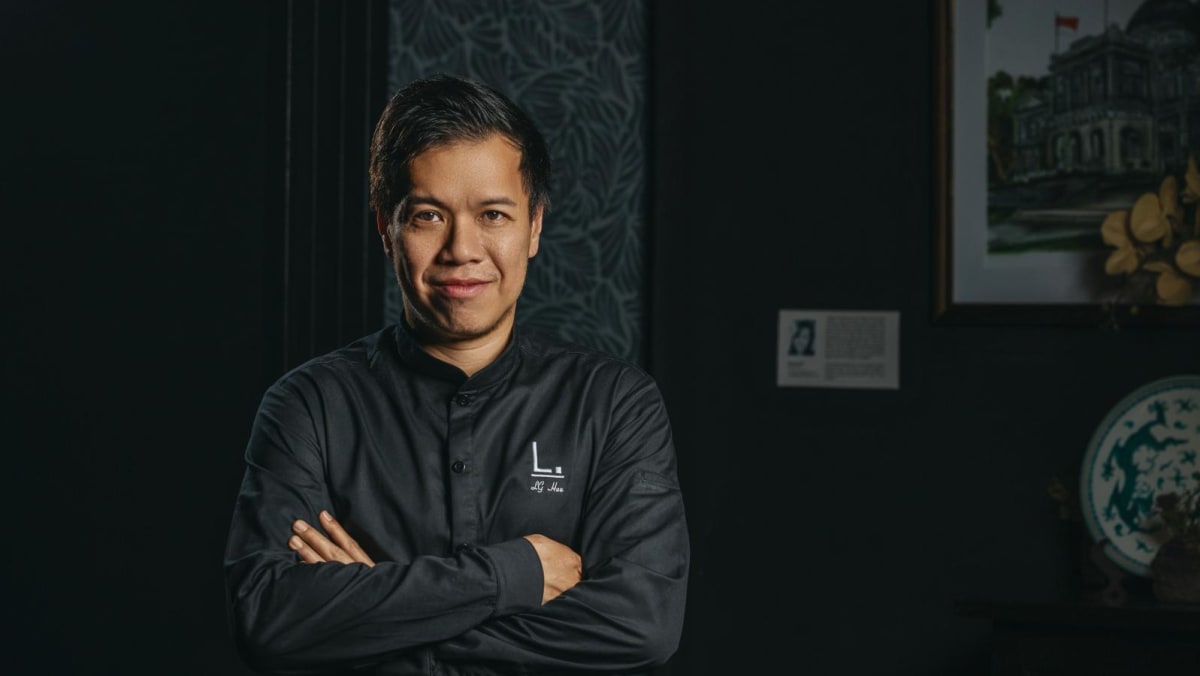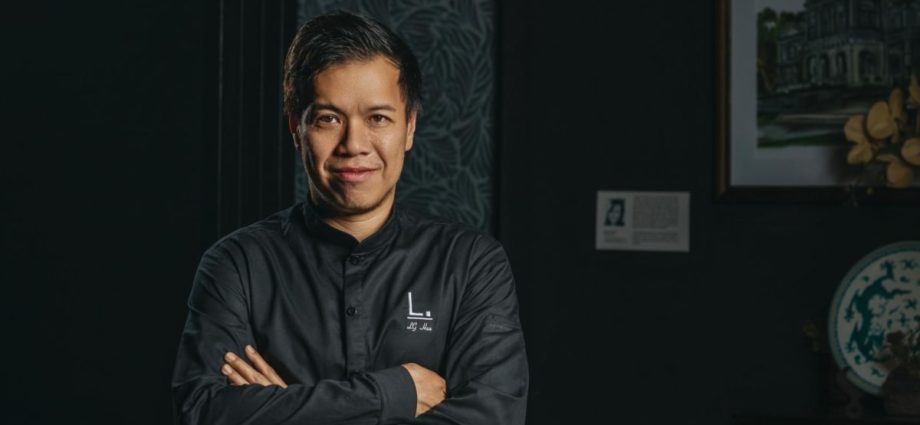
It was his dad who gave him some solid advice, despite being against the idea. “My father told me, ‘Don’t just open a restaurant. Test yourself to see if you really want to do it. Start by doing a bunch of pop-ups and private dinners first, and see whether you actually enjoy doing it every week, and then use the market response of your diners to gauge how strong you are. Friends will tell you that your food is good. You need more objective feedback.’”
He did private dinners at home, “before private dining even became a thing. I said, ‘Pay whatever you want. What is this meal worth?’ That’s how I started shaping my philosophy towards, ‘What are you worth?’ and not, ‘What is your ingredient worth?’.” They paid “anywhere between S$50 and S$98. I took the median. I opened at S$70 for five courses.”
He added: “It’s a business method. You can’t open and leave it to chance. You’ve got to get enough of a sample population to have data. To make sure you have the best chance of succeeding.”
He’d earned a degree in accounting and finance at the London School of Economics primarily because both his parents were accountants, and he went on to land high-profile jobs at multinational banks. But during his time in university, he’d started baking – “cookies; bread and butter pudding” – to impress girls. “I ended up liking cooking more than I liked girls.”
And, while he was working in the finance industry, “I was staging in restaurants for free on weekends, cleaning their floors and wiping their fridges. I was also baking and selling macarons from home at S$1 each using a small oven that could only bake one tray at a time. 120 macarons would take me 12 hours to bake. Once, I made 200 macarons for a friend’s wedding. I almost cried. My mum saw me baking at 2am and came to help me.”

